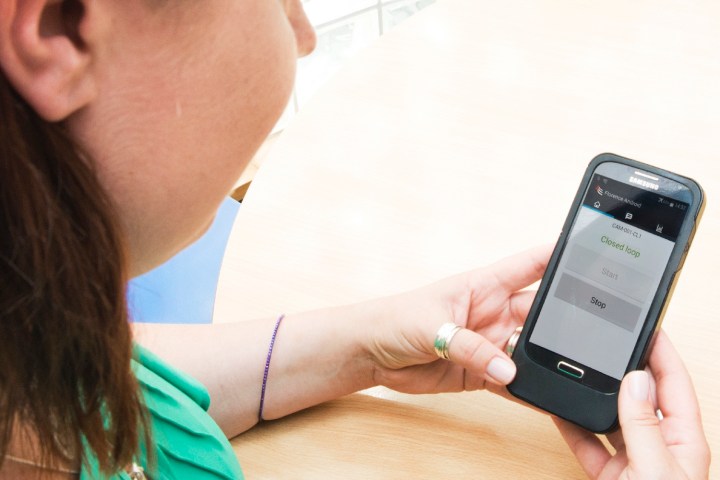
The hope is to move closed-loop artificial pancreas systems closer to receiving the necessary regulatory approval.
The large-scale studies, which will involve hundreds of people, will take place later this year and into 2018. Participants will be able to self-monitor for the study, and can live at home as usual while taking part.
“The research is related to type 1 diabetes, which is the condition in which the pancreas stops producing insulin,” Dr. Roman Hovorka of University of Cambridge Metabolic Research Laboratories, who is heading up one of the trials, told Digital Trends. “There’s a collaborative element to the trials, although we’re working on different commercial systems. The goal is to move this technology forward so that people who need it can use it as soon as possible.”
The technology involves devices like Medtronic’s FDA-approved MiniMed 670G, a system that’s able to adjust insulin levels automatically. At present, users have to enter details about the carbohydrates they’ve consumed at mealtimes, calibrate the sensors, and more. The idea is to create a more autonomous system that’s able to detect blood sugar levels and adjust insulin doses, without the user having to do anything.

A separate three-month study will compare the Medtronic device to another system called the MD-Logic Automated Insulin Delivery (MD-Logic). It will monitor 100 young people at sites around the U.S. and in Germany, Israel, and Slovenia.
Another study aims to put inControl, an artificial pancreas device system developed by the UVA Center for Diabetes Technology, through its paces. This trial will use follow 240 teenagers with type 1 diabetes for a period of six months in the U.S. and Europe. A related study will test out an alternative algorithm among 180 participants at Harvard University.
Finally, a fourth study — set to kick off in the middle of next year — will try out a bihormonal bionic pancreas to deliver insulin and counteract hormone glucagon using algorithms. This study will involve 480 people of all ages in California, Massachusetts, Michigan, Missouri, North Carolina, Ohio, and Washington.
We’re still a way from being able to fully manage type 1 diabetes autonomously, something that would free up patients from having to constantly play an active part in managing the condition. However, studies like this will only take us closer to the dream a successful, fully automated artificial pancreas.


